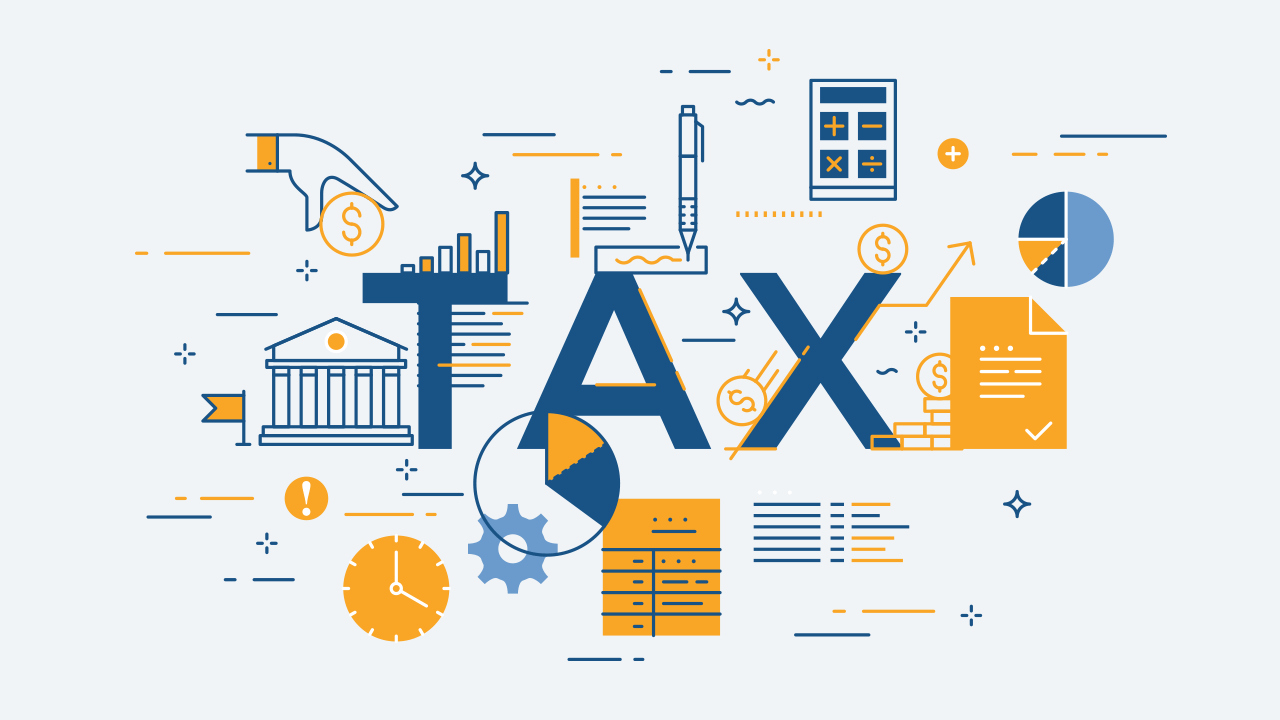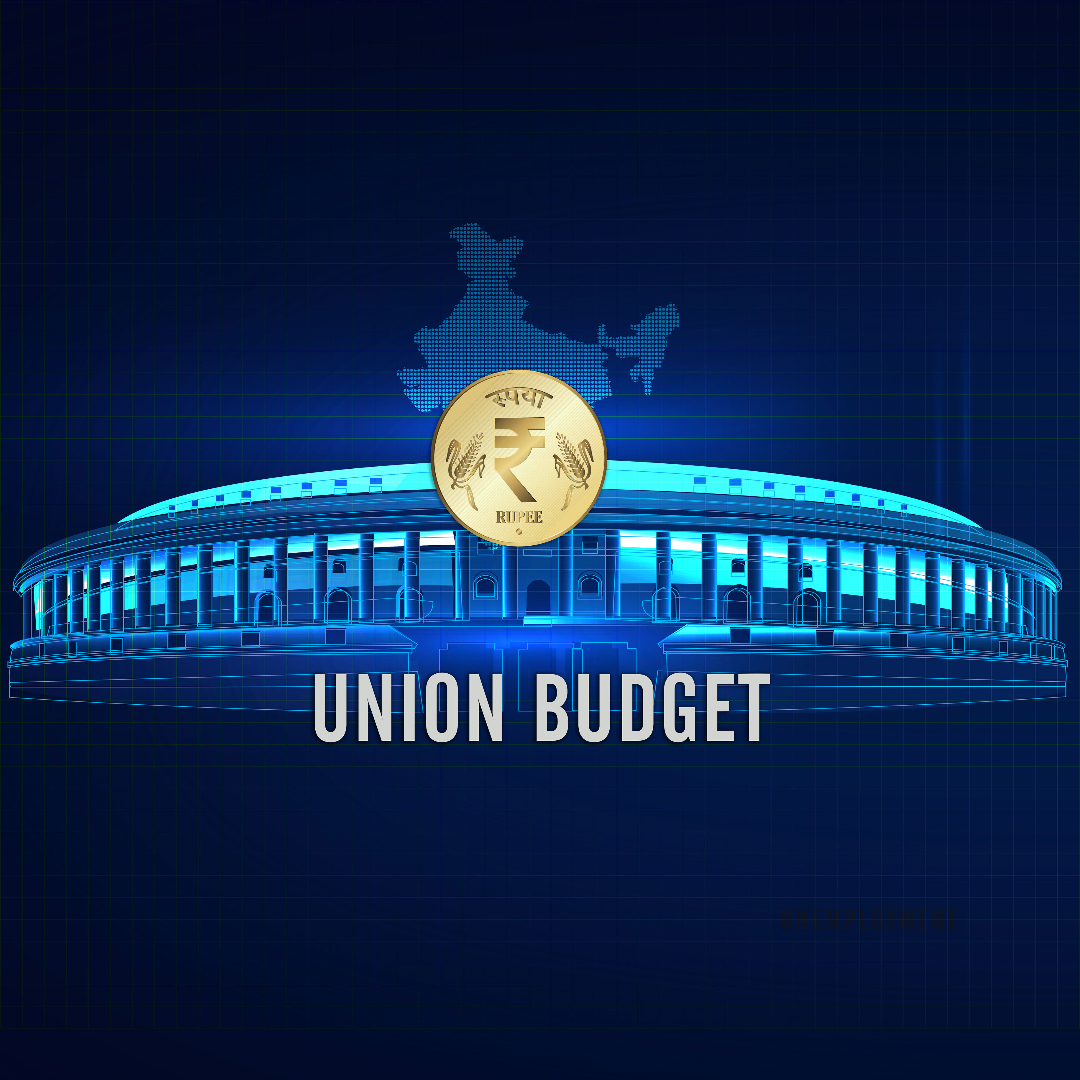This has reference to guidelines/clarifications issued by the Central Board of Direct Taxes (CBDT) through Circular No. 12/2022 dated 16 June 2022 for removal of difficulties in application of new withholding provision section 194R which has come into effect from 1 July 2022.
In this regard, we are pleased to submit herewith for your kind consideration, representations on issues giving rise to difficulties for the industry in discharging the above referred TDS obligation as per FAQs provided in the said Circular. This representation seeks to put forth stakeholders views why some of the FAQs and/or illustrations provided therein need to be reconsidered by CBDT having regard to inconsistency with correct legal position and/or practical challenges in application of FAQs. The representation
Also, the Circular was issued merely 15 days before the new section came into effect on 1 July 2022. Since the FAQs were contrary to the expectations of the stakeholders, the industry was caught by surprise and is facing huge challenges in practically implementing the Circular.
We most humbly request to take the above representation on record and issue required clarification / guidance / illustration to resolve the confusion and ambiguity in the minds of stakeholders. We also request the CBDT to keep the applicability of section 194R in abeyance till the time the necessary clarifications are issued by the CBDT.
Further, we request CBDT to grant opportunity for in-person meeting with our representative to put forward the stakeholder views in more detail.










